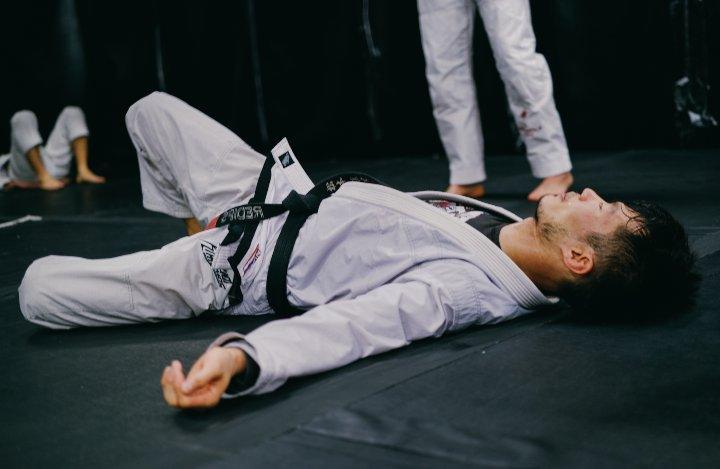Just Jits Blog
-
Some practitioners of Brazilian Jiu Jitsu will be happy just attending their regular classes 1 - 2 nights a week and leaving it at that. While this is a completely valid way to take part in the sport, others will find that they reach a point where their progression slows and they’re just not reaching their goals or feeling satisfied.
Enthusiasts and dedicated athletes who train 4 - 6 times a week will master techniques sooner, see more progression and reach their goals quicker.
But what if your training hours are limited by the number of BJJ classes available at your gym, or you want to take things to the next level on top of a packed week of training?
To help you reach your long term BJJ goals we have put together a list of things you can do outside of class to improve your Jiu Jitsu.
-
Recovery for Brazilian Jiu-Jitsu isn’t just for the older practitioners or those training two-three times a day, it's for everyone. No matter how young, mobile, strong or flexible you are, when training a high-intensity martial art like BJJ your body (always)...


